Sir Thomas More's Execution Although Sir Thomas More had been sentenced to the full traitor's death, the King commuted his sentence to death by beheading and he was executed two weeks after his good friend, John Fisher, Bishop of Rochester Here is a contemporary account of Sir Thomas More's executionSir Thomas More synonyms, Sir Thomas More pronunciation, Sir Thomas More translation, English dictionary definition of Sir Thomas More Noun 1 Sir Thomas More English statesman who opposed Henry VIII's divorce from Catherine of Aragon and was imprisoned and beheaded;Sir Thomas More Biography, Facts and Information Today we know Sir Thomas More primarily as the author of Utopia, and as one of the more famous martyrs of Henry VIII's reign The popular image is of a man – principled, steadfast, courageous – who placed his own conscience above his king's demands Yet if you were to ask More's
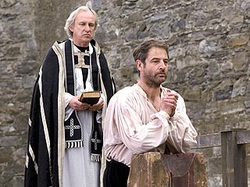
The Execution Of Sir Thomas More The Tudor Enthusiast
Sir thomas more death
Sir thomas more death-Utopia by Thomas More Utopia by Thomas More This etext was prepared by David Price, email ccx074@coventryacuk from the 1901 Cassell & Co edition UTOPIA by Thomas More INTRODUCTION Sir Thomas More, son of Sir John More, a justice of the King's Bench, was born in 1478, in Milk Street, in the city of LondonSir Thomas More was born in London on His father, Sir John More, was a barrister (lawyer) and later became a judge As a young child, More went to St Anthony's school, and at the age of 13, Thomas More became a page for John Morton, the Archbishop of Canterbury and Lord Chancellor of England




St Thomas More By Grania Egan Sacred Heart Hook Catholic Church
Sir Thomas More Characters Sir Thomas More Even though Bolt announces in his preface that he tried to avoid the perils of having his characters represent something, symbolism turns out to be a major force driving the action of the play, as most characters are motivated by More's reputation as a moral man, not by More's individualSir Thomas More Biography Thomas More was knighted and has consequently been known as Sir Thomas More through the later years of his life and through succeeding centuries On the 400th anniversary of his death he was canonized by the Roman Catholic church and has sometimes been known as Saint Thomas More Thomas More III So called to distinguish him from his older brother Thomas More II () and his grandfather Sir Thomas More ()Born at Chelsea on Tuesday 2nd July 1538 Sometimes referred to as Thomas More the Younger Abandoned the Catholic faith of his ancestors and became a Minister (Priest) in the Church of England
Sir Thomas More ( 7 February 1477 to" 6 July 1535), known by Catholics as Saint Thomas More since 1935, was an English lawyer, social philosopher, author, statesman, and noted Renaissance humanist He was an important councillor to Henry VIII of England and was Lord Chancellor from October 1529 to Destined for greatness More was born on Milk Street, Cheapside on 7 February 1478 We can be fairly certain of this date, because his father recorded the birth on his copy of Geoffrey of Monmouth's History of the Kings of BritainHe was named after the 12thcentury bishop Thomas Becket, who also happens to have been born just steps away from More's home12 of the best book quotes from Sir Thomas More 01 Share "Well I believe, when statesmen forsake their own private conscience for the sake of their public duties they lead their country by a short route to chaos" Robert Bolt author Sir Thomas More
1518 Sir Thomas More is invited to join the KIng's Council of Henry VIII of England 1521 Sir Thomas More is knighted by Henry VIII of Englandnand made Treasurer of the Exchequer 1523 Sir Thomas More is made Speaker of the House of Commons 1525 Sir Thomas More is made Chancellor of the Duchy of LancasterThomas More wrote Utopia in 1516, which was the forerunner of the utopian literary genre More served as an important counselor to King Henry VIII of England, serving as his key counselor in theThomas More was born in Milk Street, London on , son of Sir John More, a prominent judge He was educated at St Anthony's School in London As a youth he served as a page in the household of Archbishop Morton , who anticipated More




Npg D Sir Thomas More Portrait National Portrait Gallery
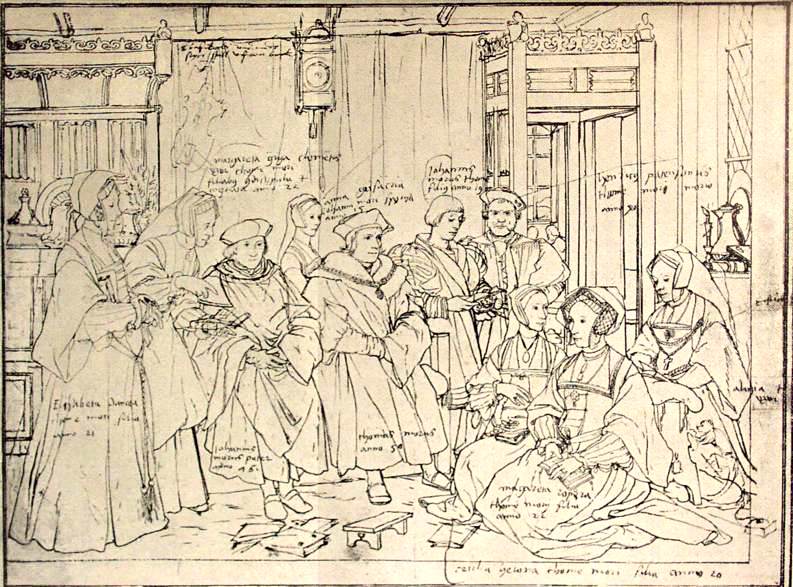



Sir Thomas More Life And Times Internet Shakespeare Editions
Thomas More, in full Sir Thomas More, also called Saint Thomas More, (born , London, England—died , London;But More was such an educated and focused individual, and it appears that King Henry felt enormous guilt over the execution — what a shame it was for them and for the world So, Sir Thomas More, I will remove your roadblock status I will post about you, Sir, and I will do it soon I apologize in advance for any disservice I may do youThe life of the English humanist (one who studies human nature, interests, and values) and statesman (political leader) Sir Thomas More represents the political and spiritual disorder of the Reformation (the time of religious change in the sixteenth century that moved away from Roman Catholic tradition toward Protestantism)
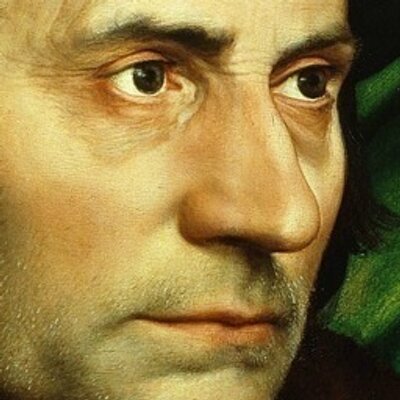



Sir Thomas More Divorcekills Twitter




Thomas More Years As Chancellor Of England Britannica
More's Farewell "I die the king's good servant, and God's first"Thomas More There is much to learn from the story of how the head of one of the most revered men in England, Sir Thomas More, ended up on the chopping block on London's Tower Hill in 1535Sir Thomas More by William Shakespeare Apocrypha Sir Thomas More by William Shakespeare Apocrypha SIR THOMAS MORE€ An anonymous play of the sixteen century ascribed in part to William Shakespeare First printed in 1844 and here reedited from the Harleian MS 7368 in the British Museum DRAMATIS PERSONAE Earl of SHREWSBURY Earl of SURREYSir Thomas More Character Analysis Sir Thomas More Thomas More is the "Man For All Seasons" in the title of the play He is an English lawyer, eventually promoted to Chancellor and assistant to the King after Wolsey 's death A devoted Catholic, More refuses to sign Parliament's Act of Supremacy, which declares King Henry, and not the
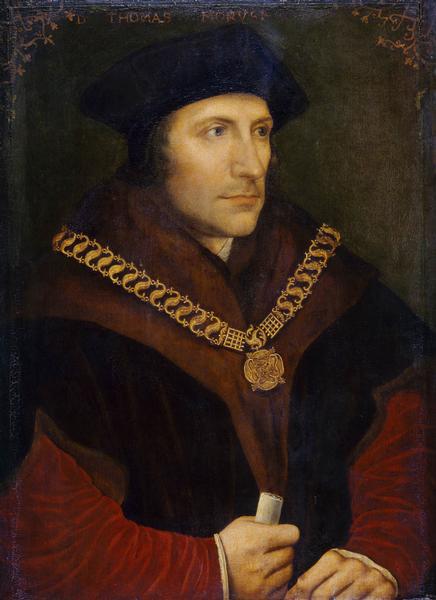



More Thomas I 1477 78 1535 Of London And Chelsea Mdx History Of Parliament Online




St Thomas More S True Relevance For Our Time Catholic World Report
Thomas More was born in London on His father, Sir John More, was a lawyer and judge who rose to prominence during the reign of Edward IV His connections and wealth would help his son, Thomas, rise in station as a young man ThomasSir Thomas More, The English statesman, Sir Thomas More, later canonized as Saint Thomas More (1935), was born the son of a lawyer who later became a judge He was educated at St Anthony's School and was appointed a page in the home of Archbishop (later Cardinal) Morton, who sent him to Canterbury Hall, Oxford, in the early 1490sPlot Summary Sir Thomas More is a play with multiple authors that was heavily censored by the Master of the Revels and is believed to have never been performed at the time One scene and one monologue are believed to have been written by Shakespeare The one scene – More quieting a riot – is particularly notable as it is the only example of a manuscript by Shakespeare that we have




Sir Thomas More Was An English Lawyer Royalty Free Vector




Sir Thomas More Canvas Print Canvas Art By War Is Hell Store
Welcome to the Luminarium Sir Thomas More page Here you will find a biography, works (including illustraded excerpts from Utopia, complete texts, facsimiles, poems, prayer, and selected letters), portraits, essays and articles, and various study resourcesAll of these can be accessed from the red navigation bar at the top The sidebar on the right has links to persons, historicalExecuted at Tower Hill, 6 July, 1535 He was the sole surviving son of Sir John More, barrister and later judge, by his first wife Agnes, daughter of Thomas Graunger While still a child Thomas was sent to St Anthony's School in Threadneedle Street, kept by Nicholas Holt, and when thirteenFeast day June 22), English humanist and statesman, chancellor of England (1529–32), who was beheaded for refusing to accept King Henry VIII as head of the Church of EnglandHe is recognized as a saint by the




Sir Thomas More St Thomas More Was Born In London The Son Flickr




Gurney Journey What Happened To Sir Thomas More S Head
Thomas More was born on 7 February 1478 in London, the son of a successful lawyer As a boy, More spent some time in the household of John Morton, Archbishop of Canterbury He later studied at7 February 1478 – 6 July 1535), venerated by Catholics as Saint Thomas More, was an English lawyer, social philosopher, author, statesman, and noted Renaissance humanistHe was a councillor to Henry VIII and also served as Lord High Chancellor of England from October 1529 to More opposed the Protestant Reformation, in particular theThomas More (1477/78–1535), humanist scholar, author, and statesman, served Henry VIII as diplomatic envoy and Privy Councillor prior to his election as speaker of the House of Commons in 1523 The chain More wears in this portrait is an emblem of




Sir Thomas More Portrait On Display At Hever Castle Hever Castle
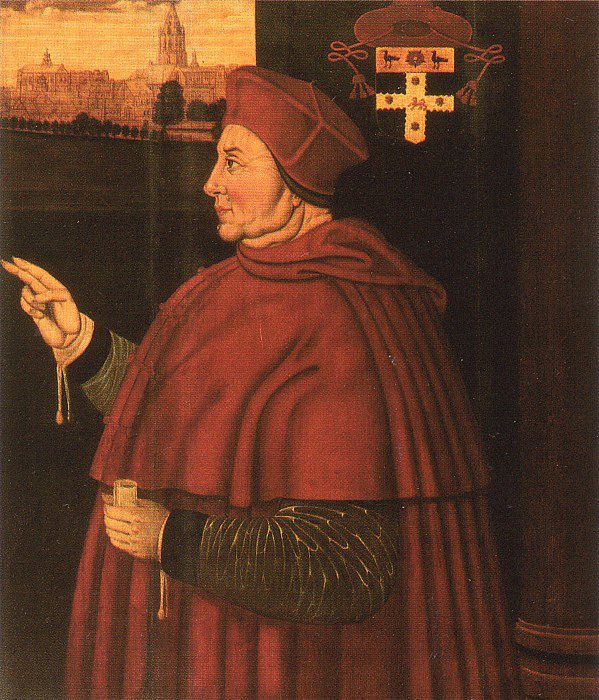



The Trial Of Sir Thomas More An Account
Thomas More was born to Sir John More and his wife Agnes Graunger in Milk Street, Cheapside, London His father was a lawyer He was the couple's second child, his sister, Joanna, had been born in 1475 1479 (during) Thomas's sister, Agatha, was born She died at aSir Thomas More's main contributions are 1 More opposes vigorously the old conceptions and traditions and accepted order of society 2 He makes fun of scholastic philosophy, asserts the superiority of Greek over Latin, and advocates the study of Plato, Aristotle and Plutarch 3Sir Thomas More Play Overview & Resources Sir Thomas More is a play written by several playwrights, including Shakespeare The original text was written by Anthony Munday and Henry Chettle It was not performed until much later as the master of revels, as censor, regarded it as politically dangerous due to the scenes depicting rioting in the




Sir Thomas More And Family Wikipedia




The Genius Of Sir Thomas More Stormfields
Sir Thomas More Statesman, Lawyer, Author, Roman Catholic Saint One of the key figures of the English Renaissance His humanist political fantasy "Utopia" (1516) has had an enduring impact on world literature and social theory A loyal Catholic, More served as Lord Chancellor of England under Henry VIII (1529 to 1532), but resigned because heThomas More Thomas More Career as king's servant On , a mob of London apprentices attacked foreign merchants in the city More's role in quenching this Evil May Day riot inspired a scene, attributed to Shakespeare, in Sir Thomas More, a composite Elizabethan play More's success in the thorny negotiations with the French at Calais and Boulogne (September toSir Thomas More (/ˈmɔːr/;
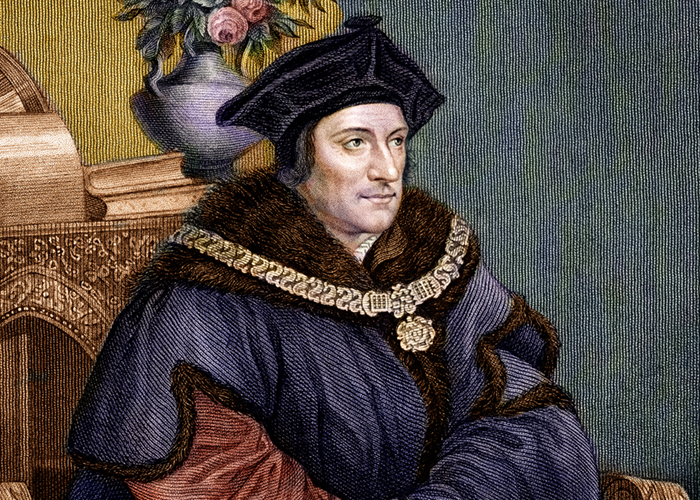



Sir Thomas More The Roman Catholic Diocese Of Phoenix



Saint Thomas More English Martyr
Saint, knight, Lord Chancellor of England, author and martyr, born in London, 7 February, ;This edition of Sir Thomas More is the first to bring the play into the context of a major Shakespeare series, to provide a substantial critical analysis, and to offer a comprehensive modern stage history The introduction deals with issues such as the strange involvement of the antiCatholic spyhunter Anthony Munday as chief dramatist, the place of Sir Thomas More as a The Thomas More Society has assisted thousands of clients including some of the nation's most renowned prolife and religious leaders Abby Johnson, David Daleiden, David Bereit, 40 Days for Life, Lila Rose and Live Action, Joe, Ann and Eric Scheidler and ProLife Action League, Sidewalk Advocates for Life, Created Equal, ProLife Action Ministries, Troy Newman and



Portraits Of Sir Thomas More Paintings Tudor Images Pictures Of Saints




Amazon Com Posterazzi Portrait Of Sir Thomas More Poster Print By Hans Holbein 18 X 24 Prints Posters Prints
Sir Thomas More 4,242 likes 3 talking about this Sir Thomas MoreSir Thomas More (AKA St Thomas More) (1478 1535) was an English philosopher, scholar, statesman and writer of the Renaissance period His writing and scholarship earned him a great reputation as a Christian Humanist scholar in continental Europe, and was famously described by Robert Whittington as "a man for all seasons"He occupied many public offices under King HenrySir Thomas More was a wellknown Renaissance humanist, lawyer, author, philosopher and statesman, who lived from 1478 to 1535 and is particularly revered among Roman Catholics for his views on religion More was born in London and studied at the elite StAnthony's School and then went on to study at the University of Oxford




Utopia Dover Thrift Editions Thomas More Amazon Com Books




The Life Of St Thomas More Youtube
Sir Thomas More is the patron saint of attorneys, statesmen and politicians Sir Thomas More was a man with deep spiritual convictions, having spent time in prayer with the Carthusian monks who lived nearby in the local monastery This time in prayer and reflection prepared Sir Thomas More for the difficulties that he would face later in his A Man for All Seasons Directed by Fred Zinnemann With Paul Scofield, Wendy Hiller, Leo McKern, Robert Shaw The story of Sir Thomas More, who stood up to King Henry VIII when the King rejected the Roman Catholic Church to obtain a divorce and remarry Sir Thomas More was many things a prominent philosopher, writer, lawyer, and one of King Henry VIII's most trusted friends and counselors He was a Catholic, but a humanist as well He was also found guilty of treason by King Henry, leading to an execution sentence carried out in the form of a beheading




Sir Thomas More The Making Of A Saint




Thomas More A Reappraisal Historyextra



Chronology Of The Trial Of Sir Thomas More




The Life Of Sir Thomas More Wikisource The Free Online Library
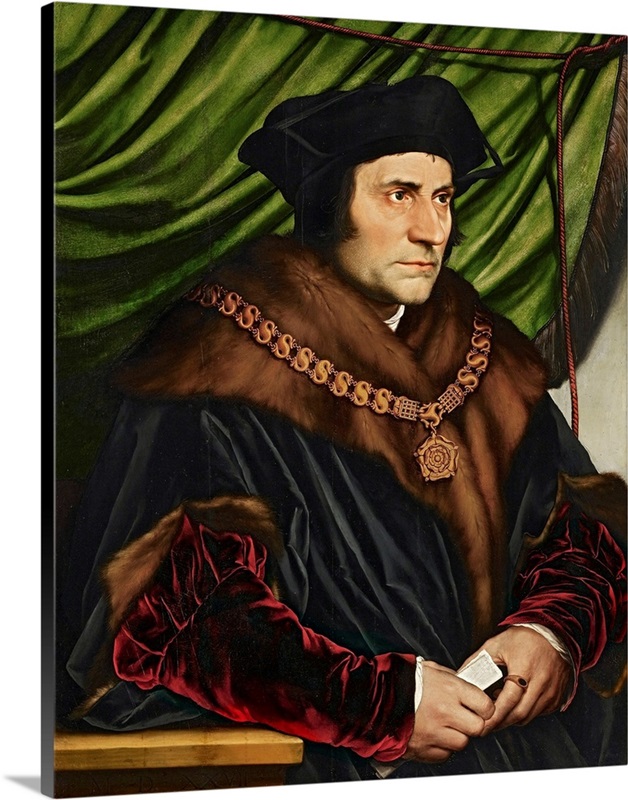



Sir Thomas More By Hans Holbein The Younger Wall Art Canvas Prints Framed Prints Wall Peels Great Big Canvas




The Execution Of Sir Thomas More The Tudor Enthusiast




Portrait Of Sir Thomas More 1478 1535 Artware Fine Art
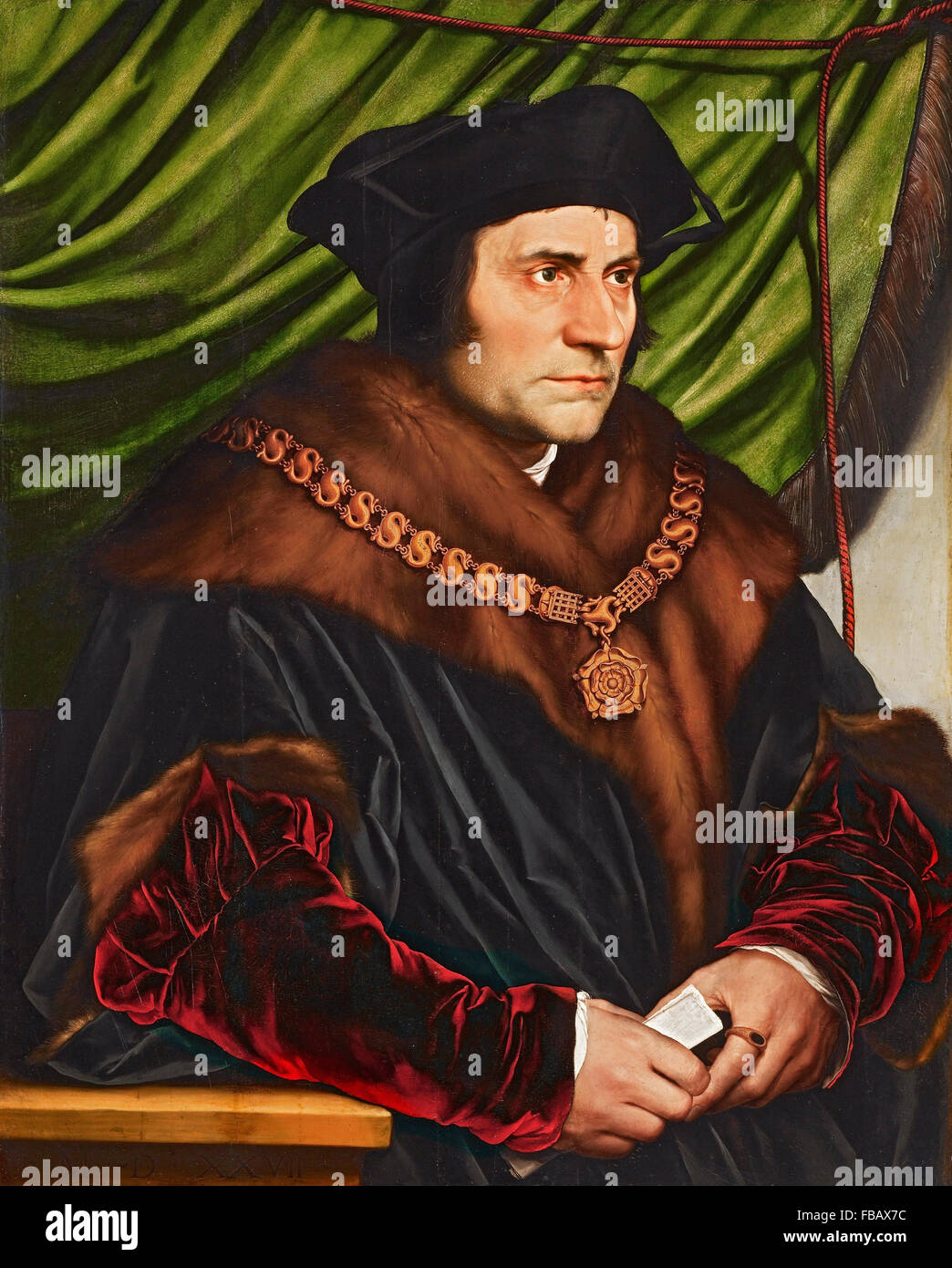



Sir Thomas More High Resolution Stock Photography And Images Alamy




The Life Of Sir Thomas More Ebook By William Roper Rakuten Kobo United States




Sir Thomas More Net Worth Salary Bio Height Weight Age Wiki Zodiac Sign Birthday Fact
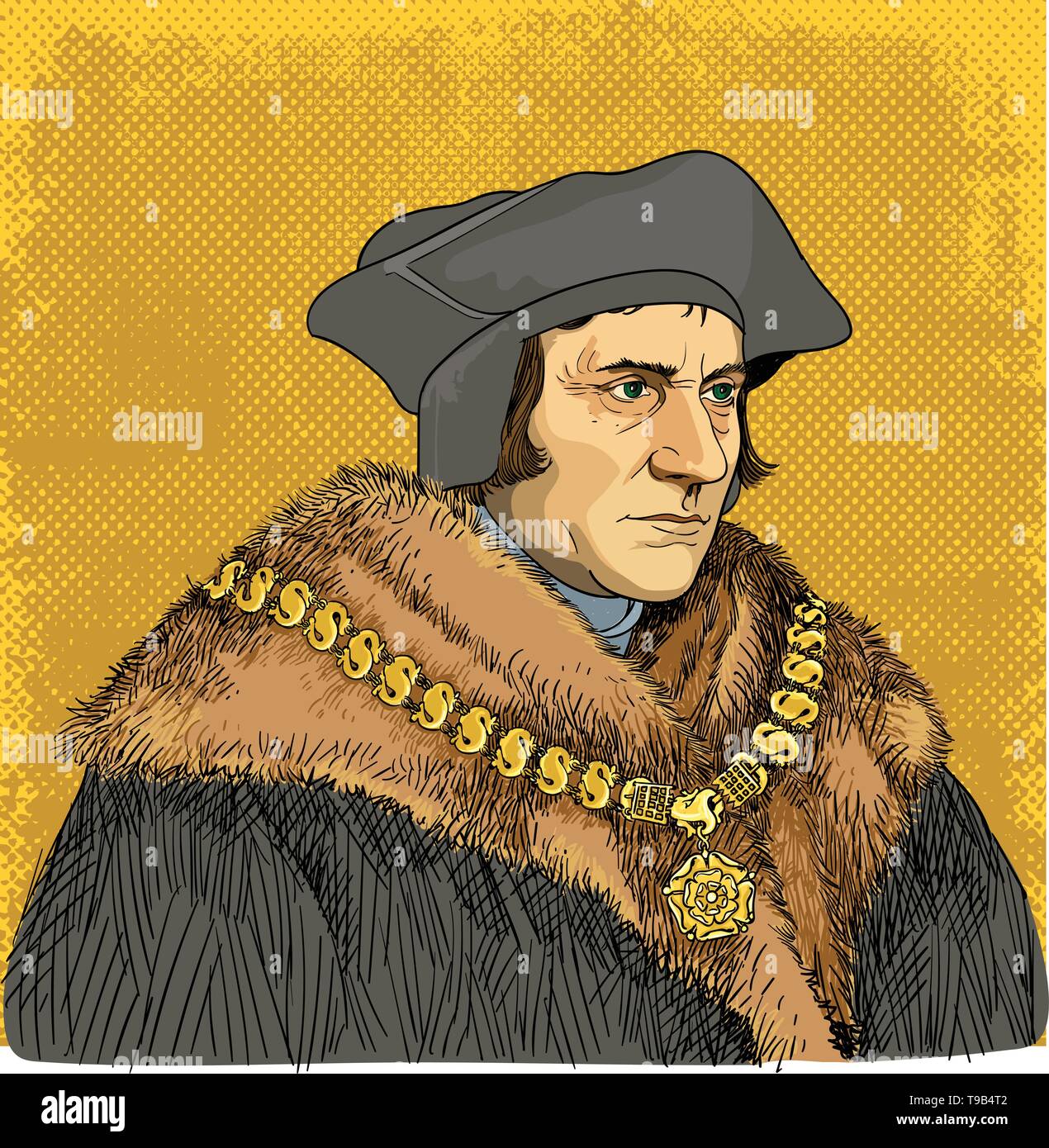



Sir Thomas More Utopia High Resolution Stock Photography And Images Alamy




476 Sir Thomas More Photos And Premium High Res Pictures Getty Images
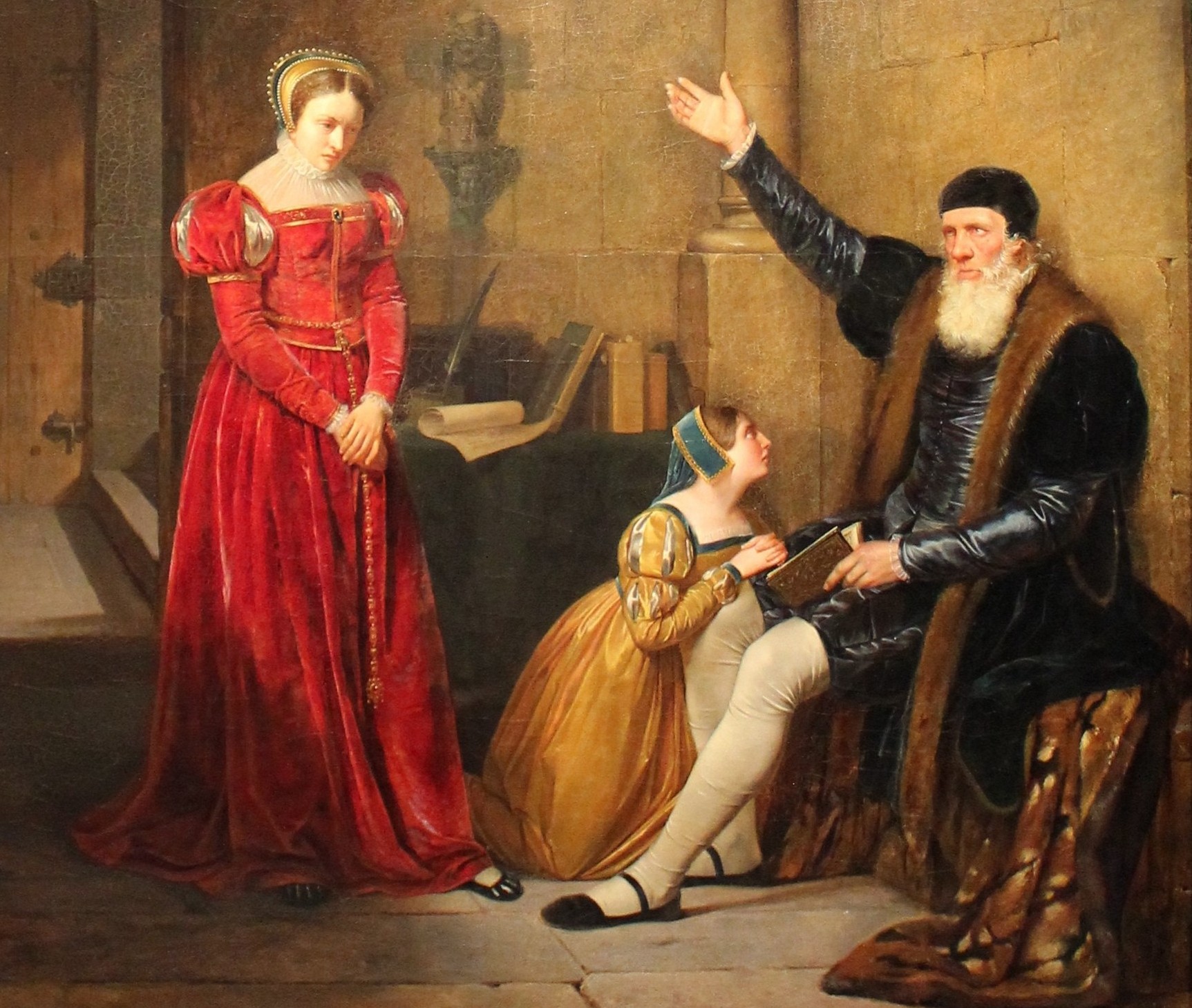



Sir Thomas More In The Tower Of London Illustration World History Encyclopedia




Npg D Sir Thomas More Portrait National Portrait Gallery



A Man For All Seasons Sir Thomas More 1478 1535



Portrait Of Sir Thomas More By Hans Holbein The Younger On Artnet




Sir Thomas More By William Shakespeare Apocryphal Illustrated Ebook By William Shakespeare Apocryphal Rakuten Kobo




Utopia More Thomas Amazon Com Books



Sir Thomas More William Shakespeare Literature Books Drama Books




Sir Thomas More Aka Saint Thomas More 1477 1535 Humanist Statesman Chancellor Of England 19th Century Print Engraved By Charles Pye From A Painting By Holbein Posterprint Item Vardpi Posterazzi




Sir Thomas More And His Daughter John Rogers Herbert 1844 Exhibited 1844 Tate
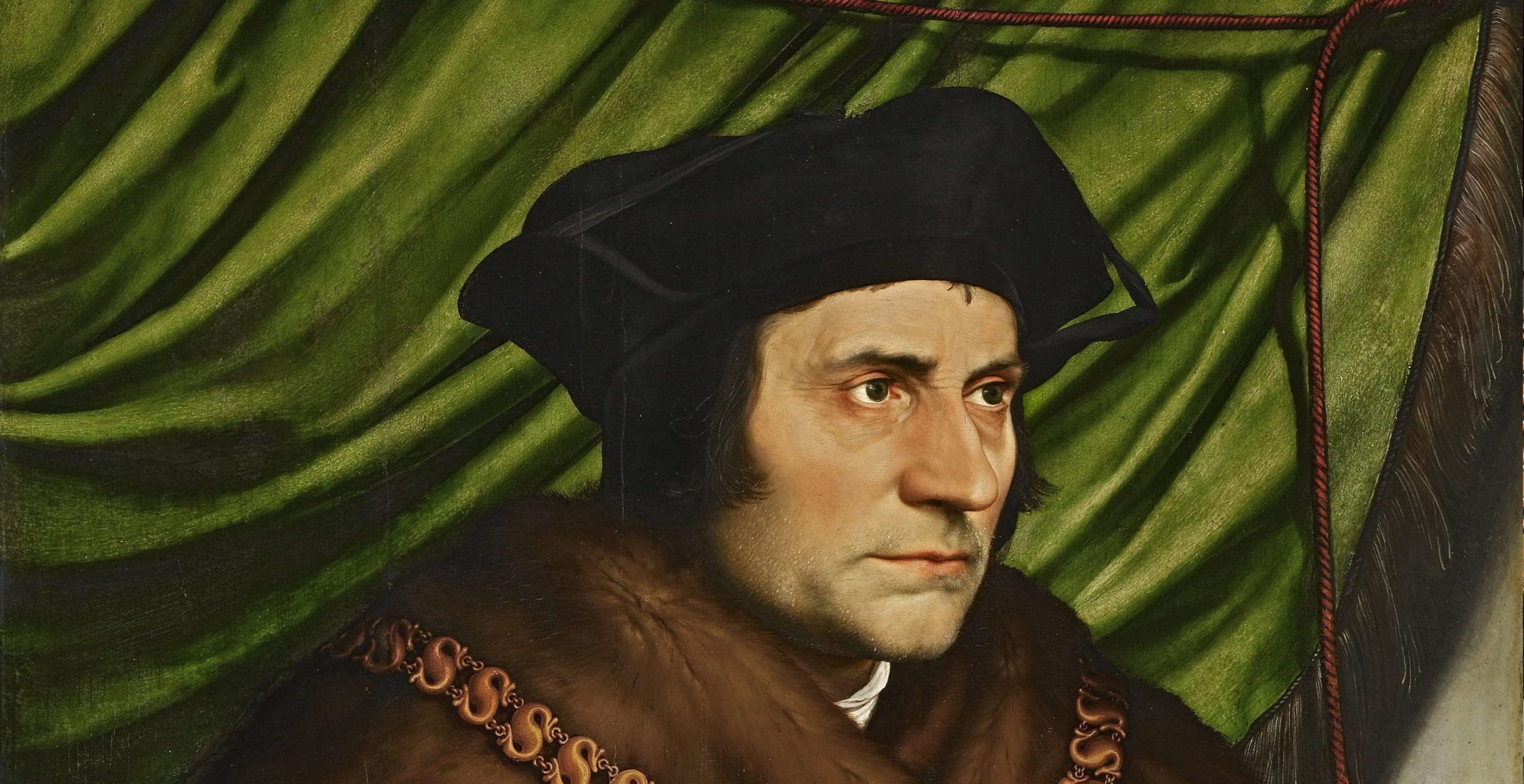



Sir Thomas More Historic Uk




The Parting Of Sir Thomas More And His Daughter Before His Execution For High Treason 6
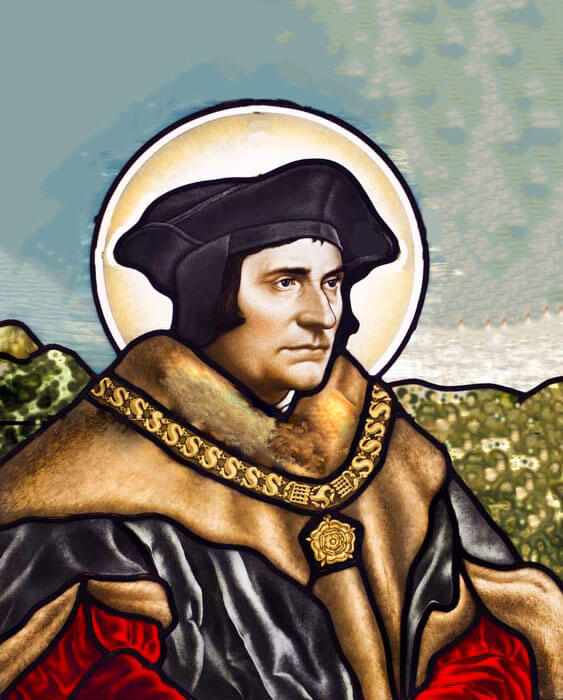



Sir Thomas More Thomas More Society
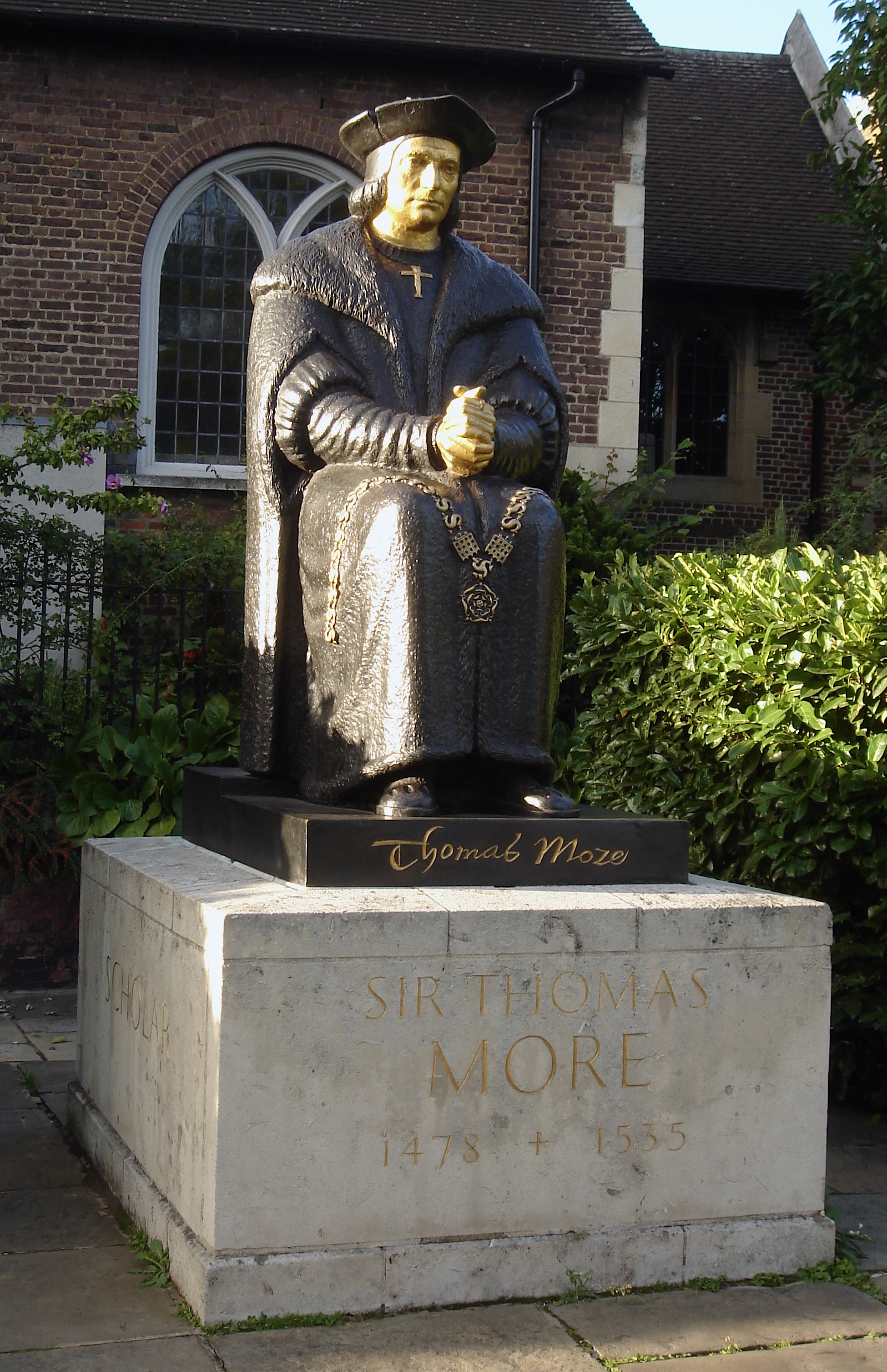



Statue Of Sir Thomas More Illustration World History Encyclopedia
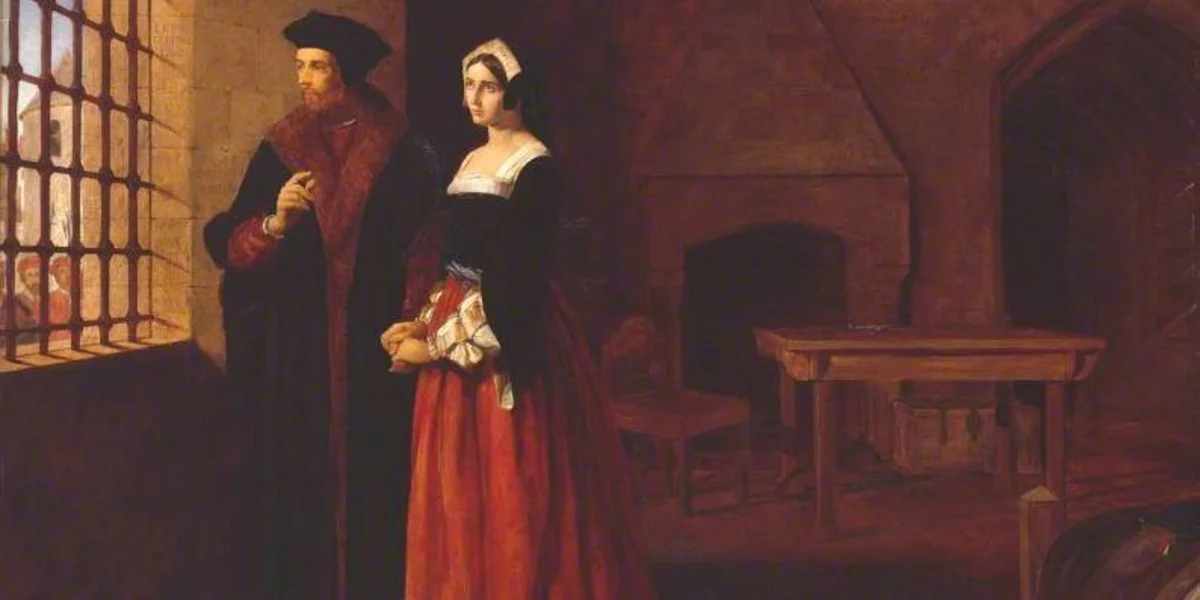



Thomas More Letter To His Daughter Margaret Crossroads Initiative




The Mirrour Of Vertue In Worldly Greatnes Or The Life Of Sir Thomas More The British Library




Thomas Moore Triallawyerportraits




Sir Thomas More 16th Century English By Print Collector




Sir Thomas More Quixotic Pedagogue




Npg D Sir Thomas More Portrait National Portrait Gallery
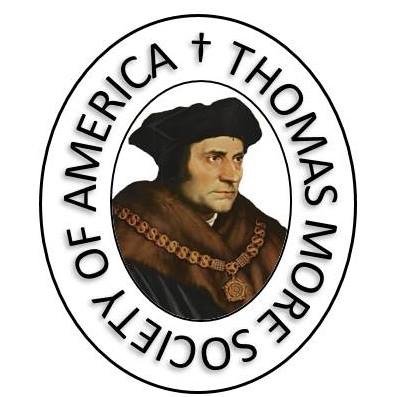



Sir Thomas More 1478 1535 Dcformore Twitter




Margaret Roper Daughter Of Sir Thomas More The Freelance History Writer
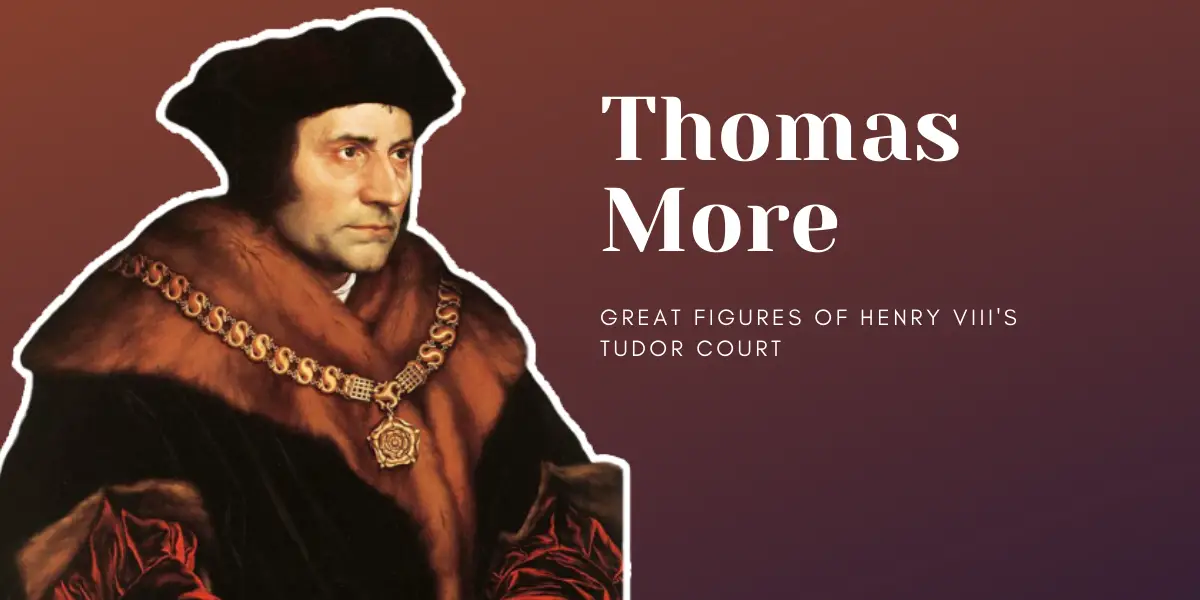



Sir Thomas More Great Figures Of Henry Viii S Tudor Court History With Henry



3




Sir Thomas More 1478 1535 Lord Chancellor National Galleries Of Scotland




Sir Thomas More 1478 1535 Online Presentation




Thomas More Wikipedia




Thomas More Years As Chancellor Of England Britannica




London Public Art Sir Thomas More




Sir Thomas More English Statesman Stock Image C008 00 Science Photo Library
/sir-thomas-more-169972729-5c68909b46e0fb00011a0c7f.jpg)



A Man For All Seasons Summary And Characters




Thomas More Famous Last Words Historical Articles And Illustrationshistorical Articles And Illustrations Look And Learn




The Beard Of Sir Thomas More Hathnotoffended Twitter




Sir Thomas More English Statesman Stock Image C005 4532 Science Photo Library
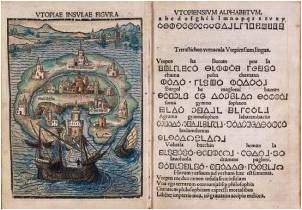



Sir Thomas Enough Utopia And The Steady State Center For The Advancement Of The Steady State Economy
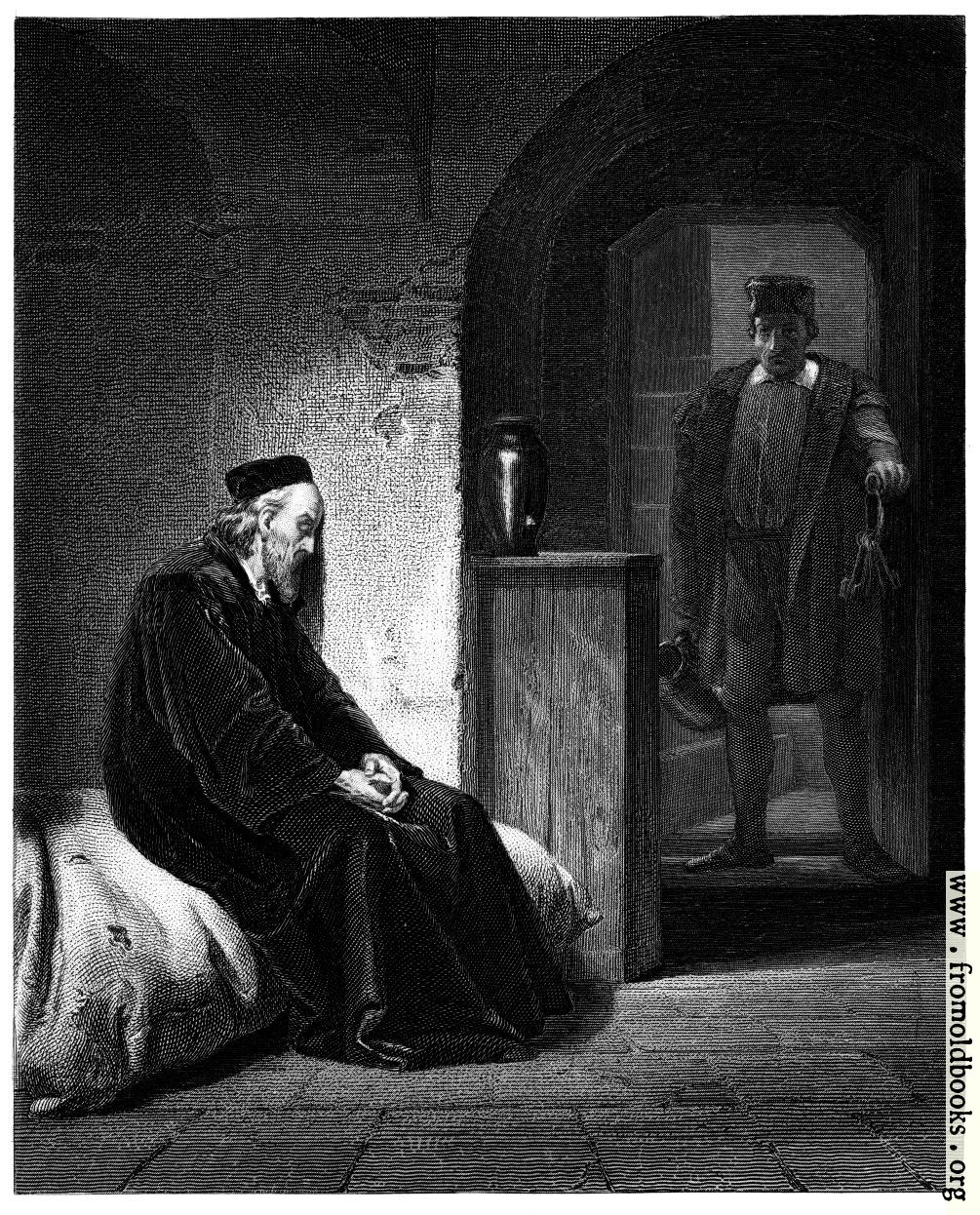



Sir Thomas More
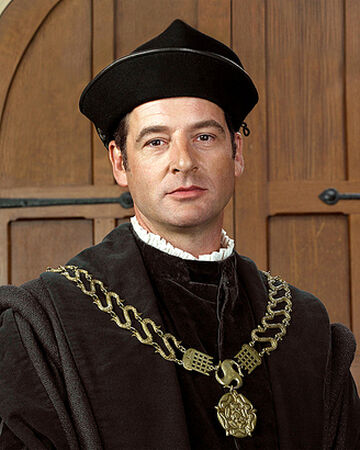



Sir Thomas More The Tudors Wiki Fandom




The Life Of Sir Thomas More Roper William Amazon Com Books



Portrait




Sir Thomas More Ethics Duty And The Law Queen Anne Boleyn
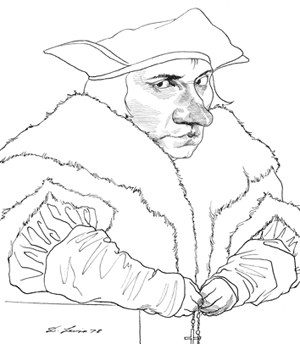



The Lesson Of Thomas More By Quentin Skinner The New York Review Of Books
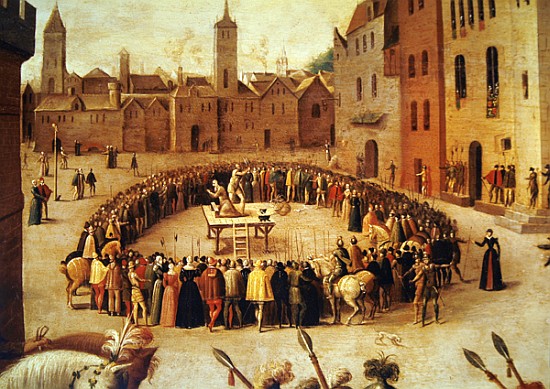



The Execution Of Sir Thomas More In 1535 Antoine Caron As Art Print Or Hand Painted Oil



The Execution Of Sir Thomas More By James A Froude




Thomas More Wikipedia




Sir Thomas More Beach Towels Pixels
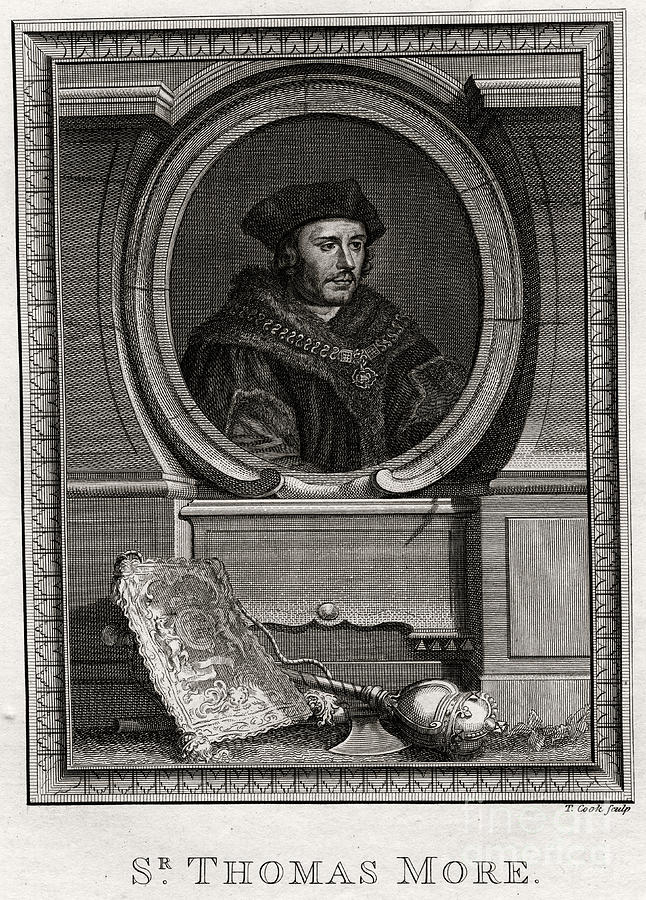



Sir Thomas More 1774 Artist T Cook By Print Collector




Thomas More S Amazing Descendants Catholic Herald




472 Sir Thomas More Photos And Premium High Res Pictures Getty Images
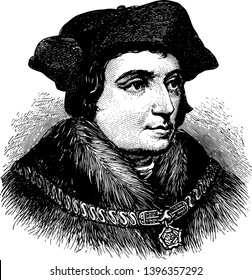



Sir Thomas More Images Stock Photos Vectors Shutterstock




Probably Sir Thomas More Sir Thomas More 7 February 1478 Flickr




St Thomas More By Grania Egan Sacred Heart Hook Catholic Church
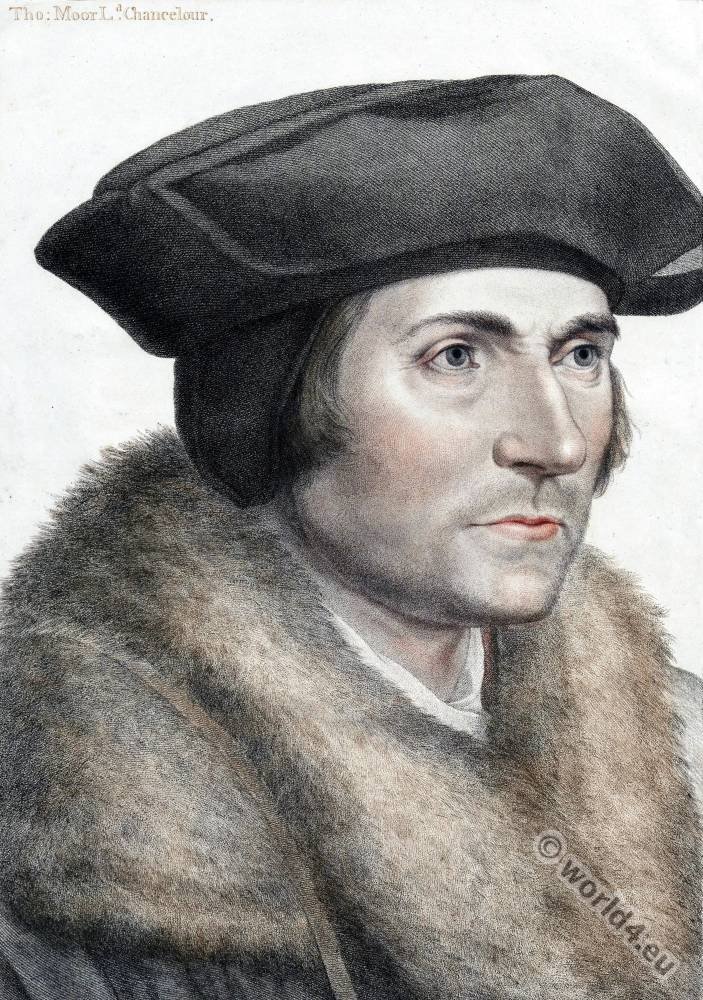



Sir Thomas More English Statesman In The 16th Century



Sir Thomas More And The Princes In The Tower
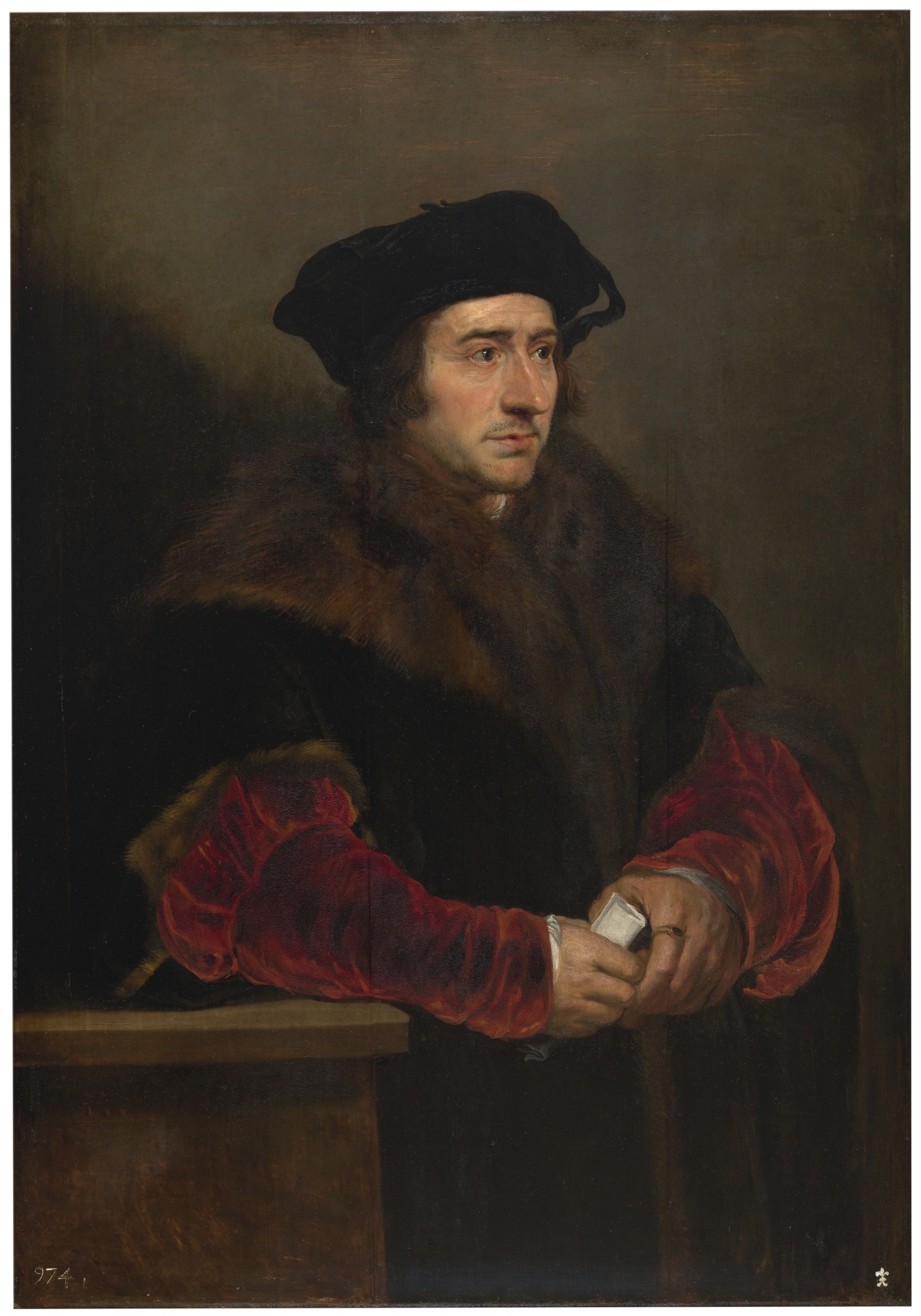



Sir Thomas More The Collection Museo Nacional Del Prado
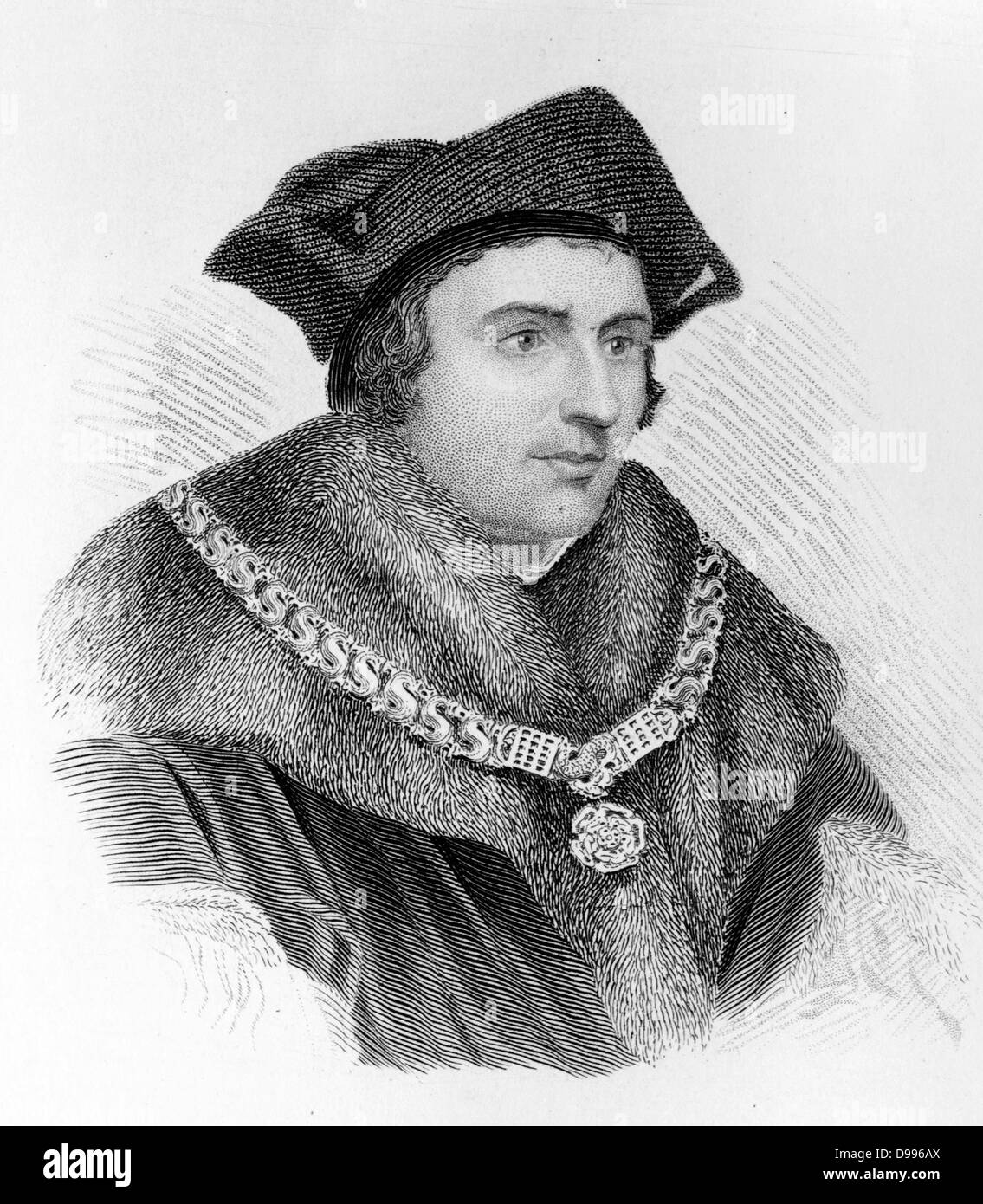



Y1dtewwyciv9vm




Sir Thomas More Statue Sw3 London Remembers Aiming To Capture All Memorials In London




Richard Iii The Princes In The Tower And Thomas More Answers To The Mystery History Journal




Sir Thomas More Councilor To Henry Viii Stock Illustration Download Image Now Istock
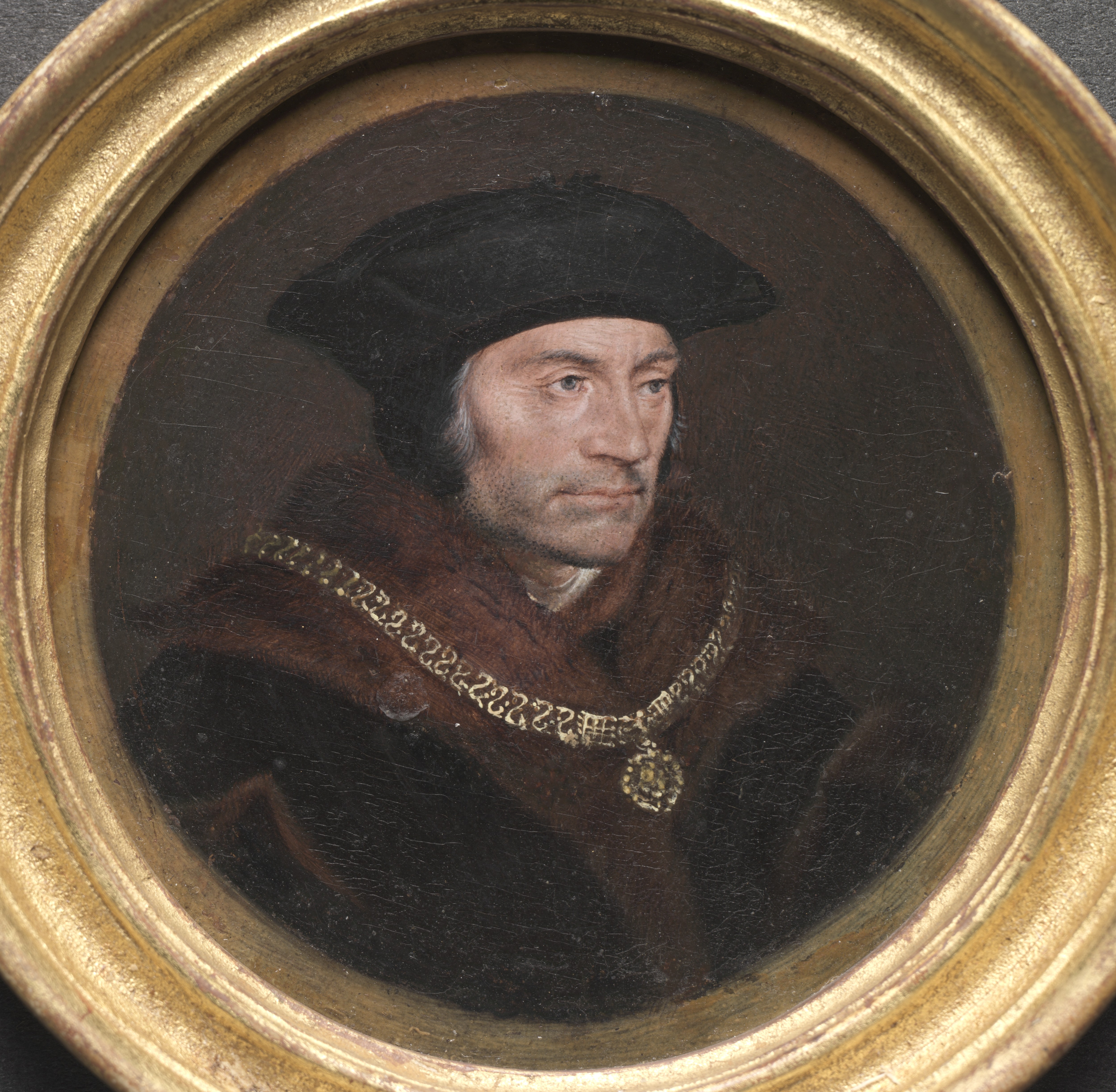



File Portrait Of Sir Thomas More Jpg Wikimedia Commons



The Execution Of Sir Thomas More By James A Froude




Sir Thomas More Plaque Sw3 London Remembers Aiming To Capture All Memorials In London
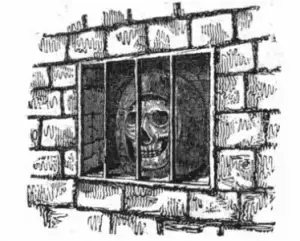



6 July 1535 Sir Thomas More Is Executed On Tower Hill The Anne Boleyn Files
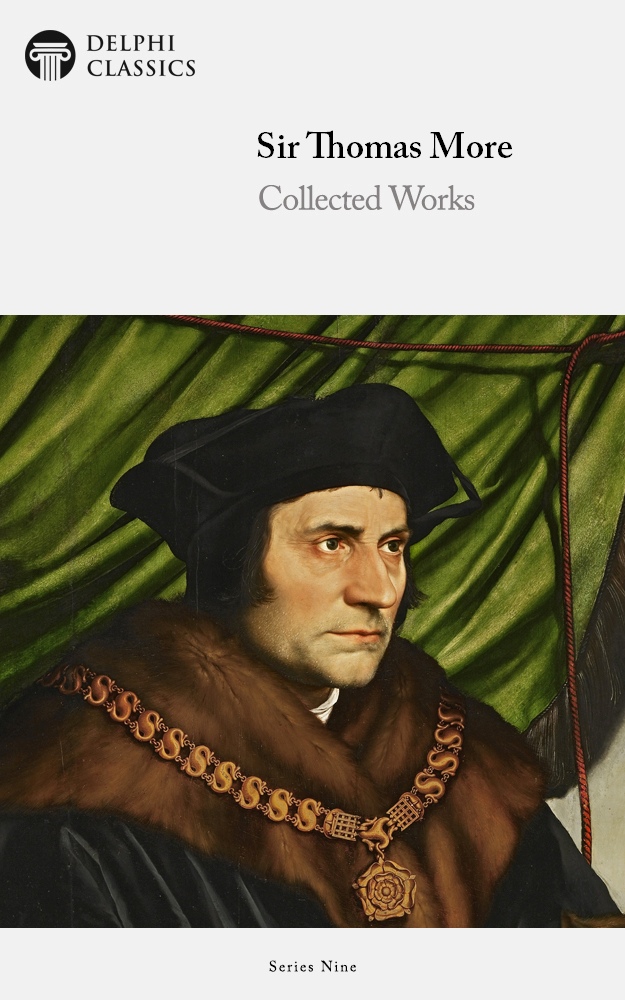



Sir Thomas More Delphi Classics



3




Sir Thomas More 1478 1535 Lord Chancellor National Galleries Of Scotland
.jpg?mode=max&width=600)



First English Edition Of The Complete Works Thomas More 1557 Christie S
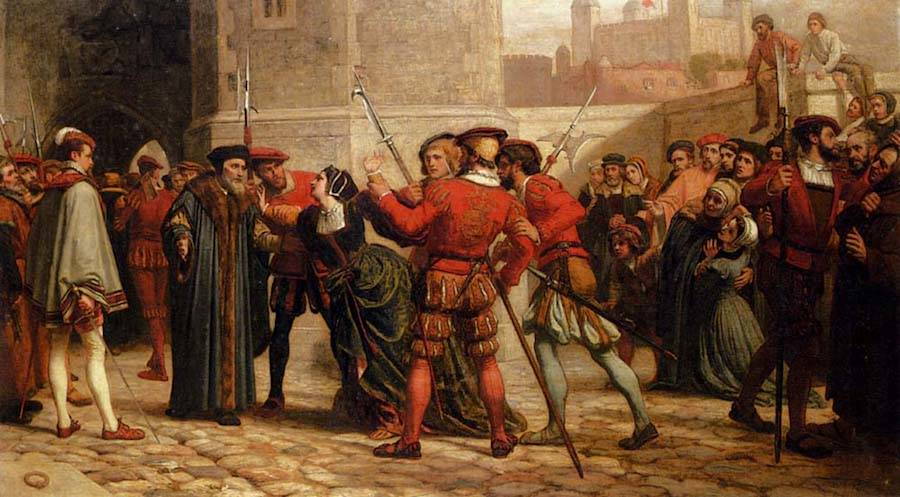



Sir Thomas More Was Beheaded By The King Who Knighted Him



3
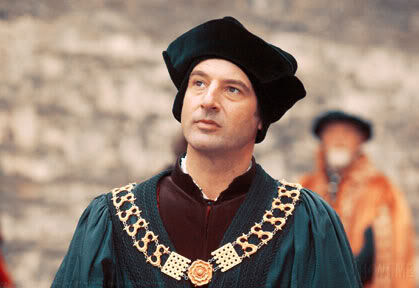



Sir Thomas More The Tudors Wiki Fandom




Saint Sir Thomas More English By Print Collector
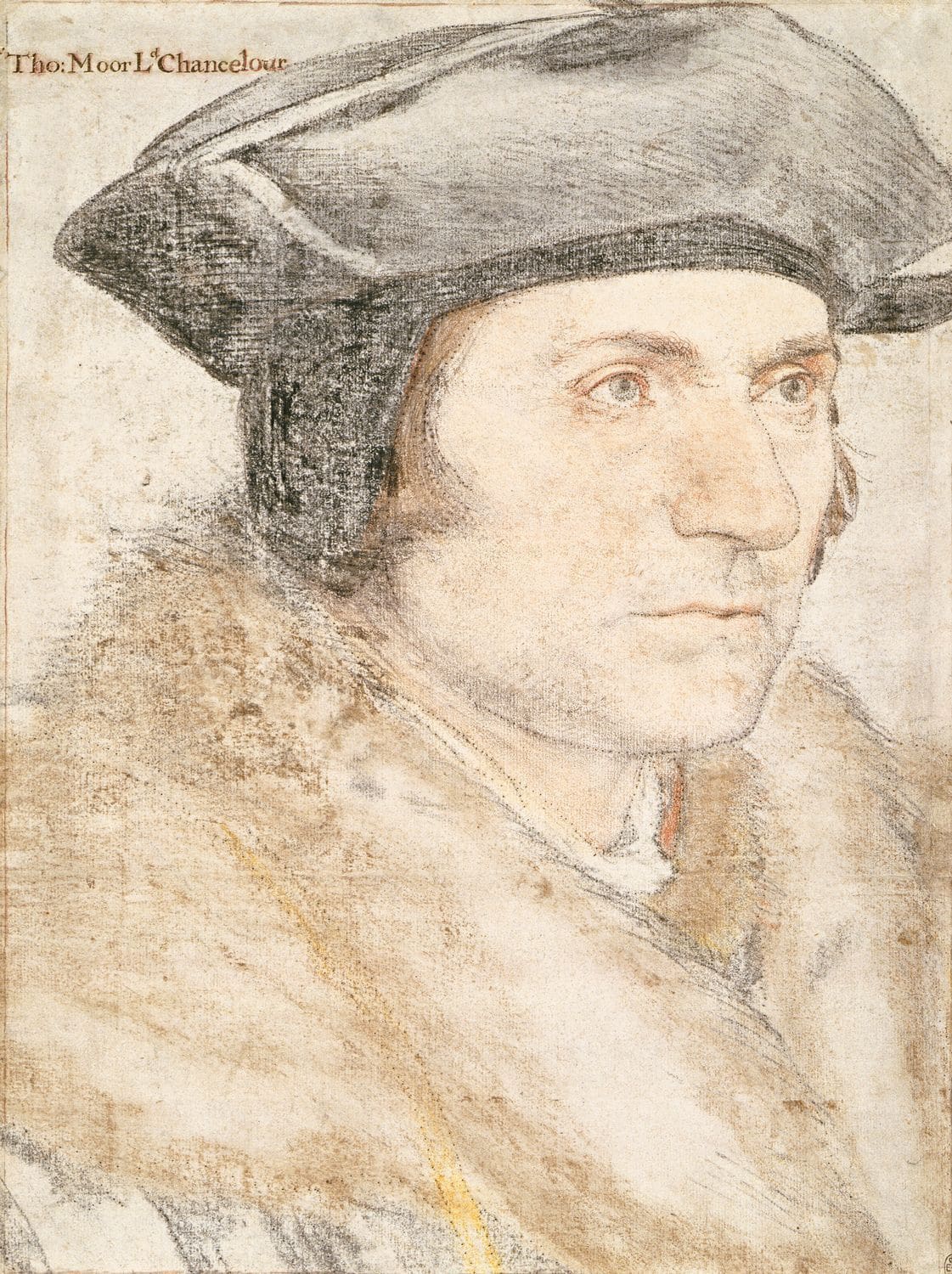



1 July 1535 Sir Thomas More Is Tried For Treason The Anne Boleyn Files




Thomas More Biography Beliefs Books Utopia Death Facts Britannica




Sir Thomas More 1478 1535 English Lawyer Social Philosopher Author Statesman Renaissance Humanist And Councillor To Henry Viii Britton Images



0 件のコメント:
コメントを投稿